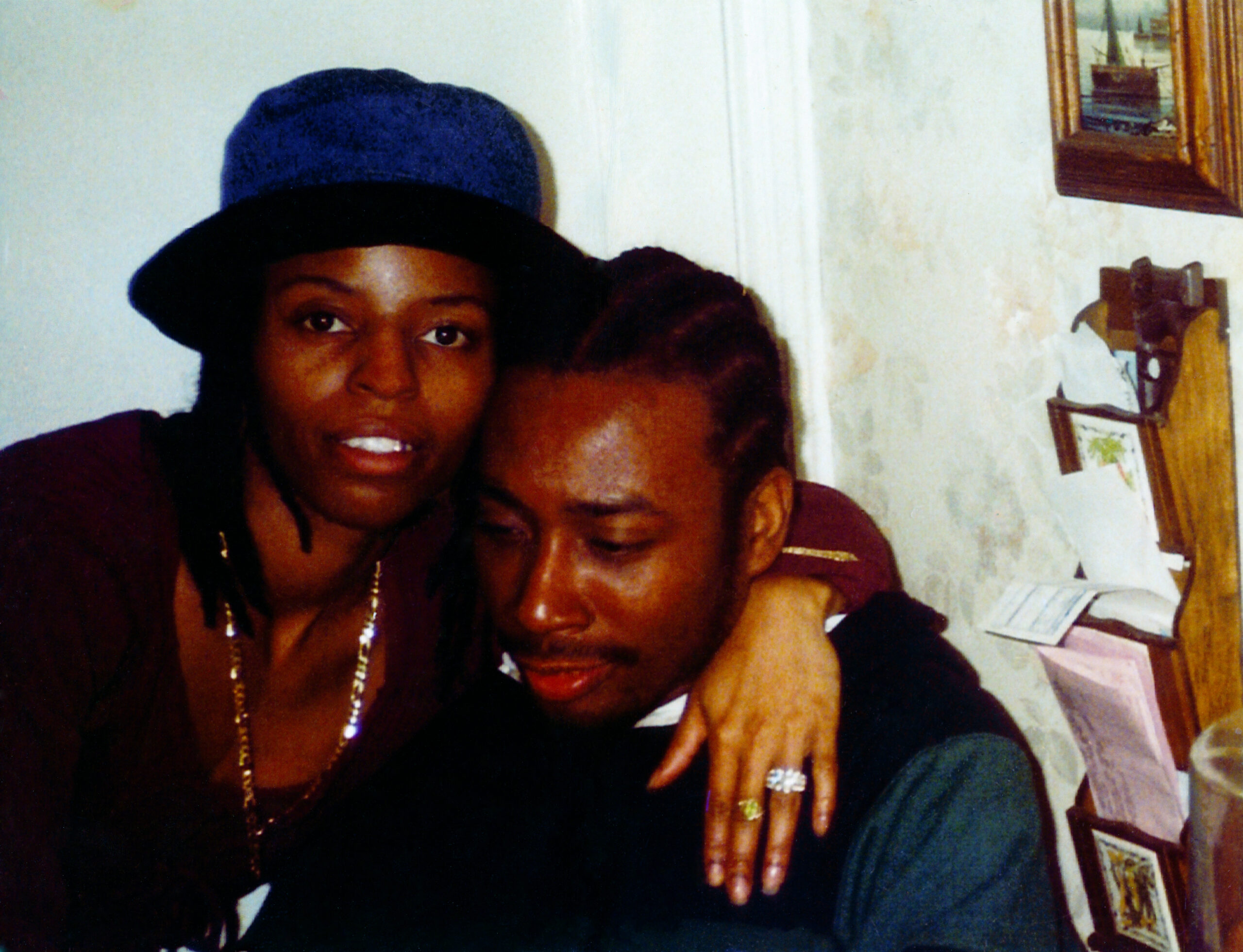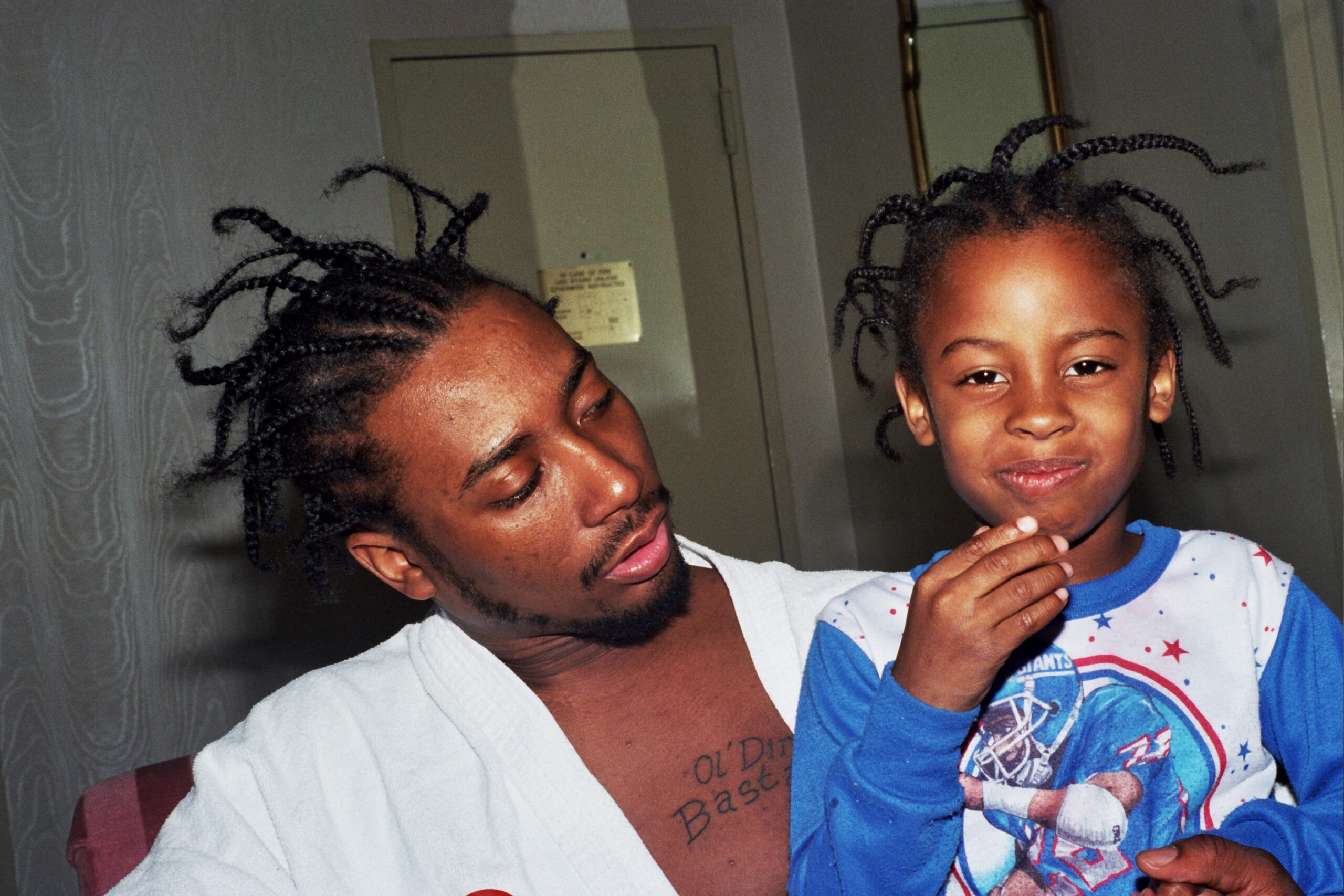Ol’ Dirty Bastard, aka ODB, revolutionized the world of hip-hop with his raw talent and unforgettable persona. His life, marked by incredible highs and devastating lows, is now the focus of a new, provocative, and tumultuous documentary, ‘Ol’ Dirty Bastard: A Tale of Two Dirtys.’
This definitive feature-length film premiered to acclaim on June 13 at the American Black Film Festival and will debut on the A&E Network on August 25.
Produced by Four Screens, which manages the ODB estate, and Pulse Films, the documentary is co-directed by Emmy and Peabody Award-winning filmmaker Sam Pollard and his son, Jason Pollard.
The film offers an unfiltered behind-the-scenes look at ODB through the eyes of family, friends, and groundbreaking artists.
“Thank God for A&E, making it possible for us to show people who ODB was, who he still is,” says Icelene Jones, ODB’s widow. “We’ve been pushing for years for this documentary. It’s a movement to keep his legacy alive.”

The documentary goes far beyond the salacious headlines to explore the real ODB, or Russell Jones, as he was born. Featuring never-before-seen vintage video and photos from a personal archive shot by Jones, the film humanizes ODB as a man, a father, a husband, and a friend.
Born in 1968 in the projects of Brooklyn, NY, ODB’s unique persona and rhyme style brought something new and fresh to the scene. Known as the wildest icon of the Wu-Tang Clan, he captivated audiences both as part of the legendary group and with solo albums like ‘36 Chambers: The Dirty Version.’ Throughout his career he collaborated with artists such as Mariah Carey, Kelis, Pras, Mya, and Wyclef Jean, further cementing his legacy.
Messiah Jacobs, an executive producer and close collaborator with the ODB estate, shares, “This project was conceived about seven years ago. Icelene mentioned she had a whole bunch of unseen videos, and I knew we had to share that footage. It sparked the whole documentary.”
The film provides an intimate portrait of ODB’s life, from his trauma-filled childhood to his rise to global stardom and his untimely passing from a drug overdose in 2004. “He didn’t get the help he needed for his drug problems, and that started the deterioration of everything else,” Jacobs notes. “We hope this documentary sparks conversations about the need for proper treatment for addiction.”
“He was around drugs and alcohol all the time, and when he got out of jail, he went right back into that environment. It’s a sad story, but it’s real, and it needs to be told,” Jones said.
She added: The system puts innocent people in jail with felons, and he just needed help with drugs, and that destroyed him, that broke his spirit. He wasn’t the same when he got out. So there is a lot there that needs to be talked about.”

Jacobs also highlights the raw love story between ODB and Jones: “They have a love story that’s unlike most people’s love story. They met as teenagers, and they went on that whole journey of rags to riches together. Despite all the ups and downs, they had a deep connection. We weave that messaging into the documentary. We hope you know the fans see that.”
The dynamic documentary also celebrates ODB’s artistry and legacy, highlighting his influence on an entire generation of performers and fans. Featuring interviews with industry heavy hitters like five-time Grammy Award-winning artist Mariah Carey, Wu-Tang Clan co-founders GZA and RZA, members Raekwon, Ghostface Killah, and U-God, and Damon Dash just to name a few. The film brings together voices that truly knew ODB.
“We were very fortunate to have people who really loved ODB and what he stood for,” Jacobs says. “We had to turn some people away because we only had two hours to tell this story, but the love and respect for ODB are evident throughout the documentary.”
Jones proudly shares, “We’re here to keep his name alive. He worked so hard, and it’s our job to push it across the finish line and say hello, he is still relevant today.”
Jacobs echoed those sentiments saying: “His story is so relevant. One, to people going through things, but then also just as an artist, I think his music is so timeless.”

Reflecting on the premiere at the American Black Film Festival earlier this summer, Jacobs says, “Getting feedback from the audience was the true joy. The family and fans were able to see the film on the big screen, and their genuine, emotional reactions were a testament to all the work we had done.”
The project strikes the perfect balance between honoring ODB’s artistry and delving into his personal struggles. “This was a labor of love,” Jacobs says. “Combining everyone’s mastery in storytelling was challenging, but we got it done.”
The inclusion of Jones and her children, Shaquita, Taniqua and Bar-Sun Jones (aka Young Dirty Bastard), as executive producers was crucial to the project’s authenticity. “We couldn’t tell this story without the family’s involvement,” Jacobs emphasizes. “Their openness allowed us to share personal moments that paint a complete picture of ODB.”
As the documentary prepares for its A&E Network debut, it stands as a celebration of ODB’s impact on music and culture. “He was a beautiful person,” Jones says. “This film is a way to keep his legacy alive for future generations.”
Jones wants to make sure one thing fans take away from this documentary is the intelligence that the rap icon possessed: “He was very, very intelligent.” In a funny story she recounted, “When I was growing up, he would take tests for me in school, and no one knew that he was taking the test.”
‘Ol’ Dirty Bastard: A Tale of Two Dirtys’ premieres on the A&E Network on August 25 at 9 p.m. Don’t miss this raw and unflinching look at one of hip-hop’s most iconic and complex figures.


